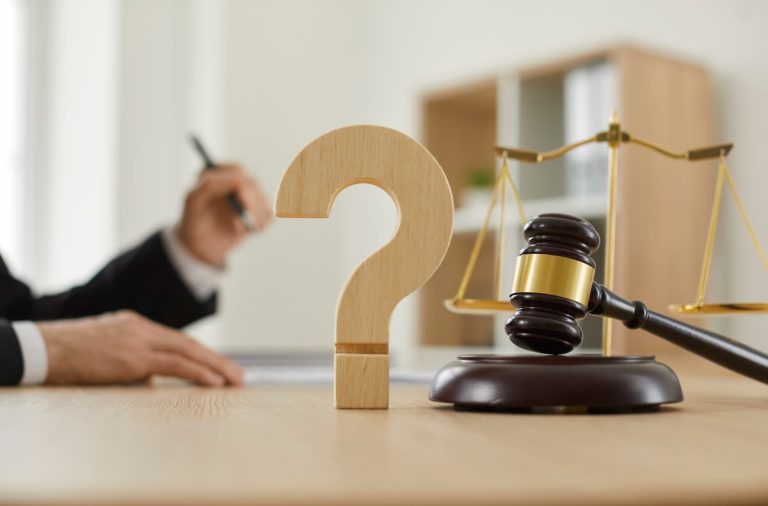MassTortAttorneys


What Is a MassTort?
In law, a tort is a civil wrongdoing that occurs when someone harms someone else. A personal injury case arises when one party harms another. An example of such a case is a motor vehicle wreck. In most states, when a careless driver causes a crash, an injured driver may file a claim to seek financial compensation from the at-fault motorist’s insurance company.
Mass torts occur when a single party harms people on a larger scale. For example, perhaps the manufacturer or designer of a medical device ignores a defect or design flaw. In this scenario, thousands of individuals could sustain harm.
Many of the injured people’s cases will be very similar. Thus, it makes sense to litigate them within the same courts. Handling multiple similar cases within one court can allow the court to process these cases with greater efficiency.

Is a MassTortthe Same as a Class Action Lawsuit?
No. Mass torts and class action lawsuits are similar in some ways. They both arise when one party harms numerous others. In both cases, the type of harm plaintiffs sustain may be similar.
However, in a class action lawsuit, a single case covers all plaintiffs. This affects how much compensation an individual plaintiff may receive. When a case is resolved, and a settlement is offered or a jury awards damages, each plaintiff receives a share of the compensation.
A mass tort is different. When you file a mass tort suit, your lawsuit is separate from all others. Thus, you don’t need to share your compensation with other plaintiffs.
Types of MassTortCases We Handle
How a Mass Torts Attorney CanHelp
Do you believe you have grounds to file any of the above types of claims or lawsuits? Call a mass torts lawyer. Legal professionals at a firm handling mass torts can assist you by:
- Reviewing Your Case – You may not be certain you have a valid case. Discussing the case with an attorney is an effective way to learn more about your legal options. It’s also a low-pressure option, as you’re under no obligation to hire a lawyer after a case review.
- Gathering Documentation – Showing you are eligible to receive compensation when filing a claim or lawsuit may require gathering substantial documentation. For example, you may need to gather documentation showing you took a particular medication and developed health conditions as a result. Or, in the case of a Camp Lejeune lawsuit, you may need documentation showing you were exposed to toxic water during the applicable timeframe. A lawyer can assist you with gathering the evidence you need.
- Determining Compensation – A lawyer can’t tell you exactly how much compensation you may receive when they resolve your case. What a lawyer can do is explain the various types of compensation you may be eligible for. They can also account for your losses to determine approximately how much compensation you deserve.
- Negotiating or Representing You in Court – An insurance company or defendant may be unwilling to offer the compensation you’re entitled to. A lawyer can negotiate for an appropriate settlement on your behalf in these circumstances. If you need to go to trial, they can present evidence indicating why you should receive compensation.
Be aware that most mass torts law firms enter into contingency fee agreements with new clients. That means that their fee is a percentage of the compensation a client receives. If you hire an attorney who works on a contingency fee basis, you only have to pay for their services if they get money for you.



